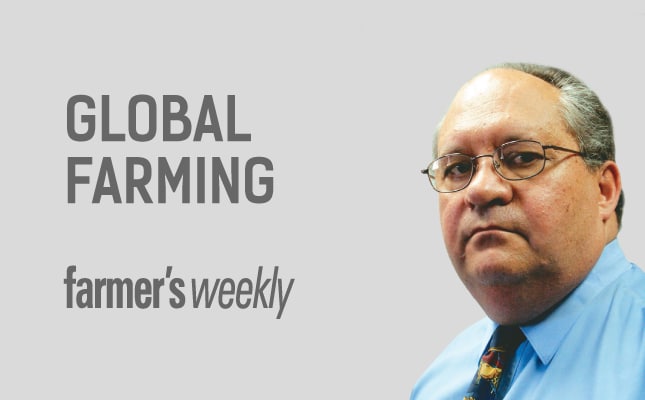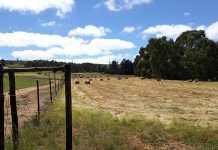
There are four key aspects to sustainable farming. It must be profitable, it must take care of the environment, it must produce safe and nutritious products from non-stressed animals, and it must ensure decent livelihoods for all participants.
Profitable sustainable farming produces enough income for the farmer and his family to pay the farm workers for their labour and enable the farm to grow and increase efficiency. Farmers who farm at a loss will stop farming.
READ: A tractor for the price of a quad bike
Sustainable farming
A key reason for the failure of many empowerment projects is that even the gross income before cost of these projects is too low to refund all the beneficiaries. That is why, in most cases, the capital equipment is also sold. It is not easy to increase profitability, especially in an environment where both price and yield are uncertain.
The use of modern technology enables farmers to improve production efficiency. The resistance against modern production technology is not based on objective scientific evidence, but on perceptions. In many cases consumers do not have strong reservations about these type of products.
However, some retail chains use tags such as ‘hormone-free’ to distinguish the products they sell from the practically identical products sold by other retailers.
Taking care of the environment
Limiting farmers’ use of modern technology means the consumer will have to pay more for the same product – and the environment will suffer as farmers will have to use more pesticides. Farm profitability will in future depend on farmers being allowed to use modern production technology. This includes intensive livestock production.
To quote prominent Dutch scientist Aalt Dijkhuizen: “We cannot feed tomorrow’s world with yesterday’s technology.”
According to the World Wildlife Fund, it takes 1,5 years for the planet to replenish our annual consumption.
Agriculture and (especially) livestock production are wrongly perceived as the main culprits polluting the environment. This untruth was unfortunately propagated by the FAO publication Livestock’s long shadow.
It later published a revised document showing that livestock’s shadow is indeed much smaller than realised. But this did not prevent vested interests such as the international airlines from trying to shift the blame for pollution onto agriculture.
Farming in an environmentally friendly way makes economic sense in that fewer chemicals are used. Biological farming, with its emphasis on improving soil fertility, meanwhile, provides ways of increasing production at a lower cost. Farmers can do much to limit energy use. However, it seems as if the scale of operation needed to produce bio-electricity is still far above the average farmer’s size.
Caring for the community
Unfortunately, farmers are frequently targeted for mistreating their workers by politicians who want to impress the electorate. In most cases, however, when confronted, these politicians are unable to provide the names of the farmers involved.
Numerous initiatives see farmers and their wives involved with rural communities. Projects to educate and improve the living conditions of farm workers are currently found in most areas of South Africa. Sadly, these ‘good news stories’ do not reach the press, while the negative claims do.
The consumer is always right
As already mentioned, many ‘consumer sentiments’ are created by the retail chains. Leading questions prompt certain specific responses from consumers. In truth, however, cost, taste, nutrition and choice are the main factors consumers consider when buying food (2013 International Consumer Attitudes Study).
All the same, farmers must ensure that negative perceptions about farming are addressed. Animal welfare issues are important. Commercial farmers in general will not maltreat animals as this will result in lower production. In cases where animals are maltreated, legal action must be taken.
To summarise, there are many actions that farmers can take to ensure that they remain economically, environmentally and socially sustainable in future. In most cases doing the right thing also holds financial benefits.
Dr Koos Coetzee is an agricultural economist at the MPO. All opinions expressed are his own and do not reflect MPO policy.
This article was originally published in the 6 November 2015 issue of Farmers Weekly.




